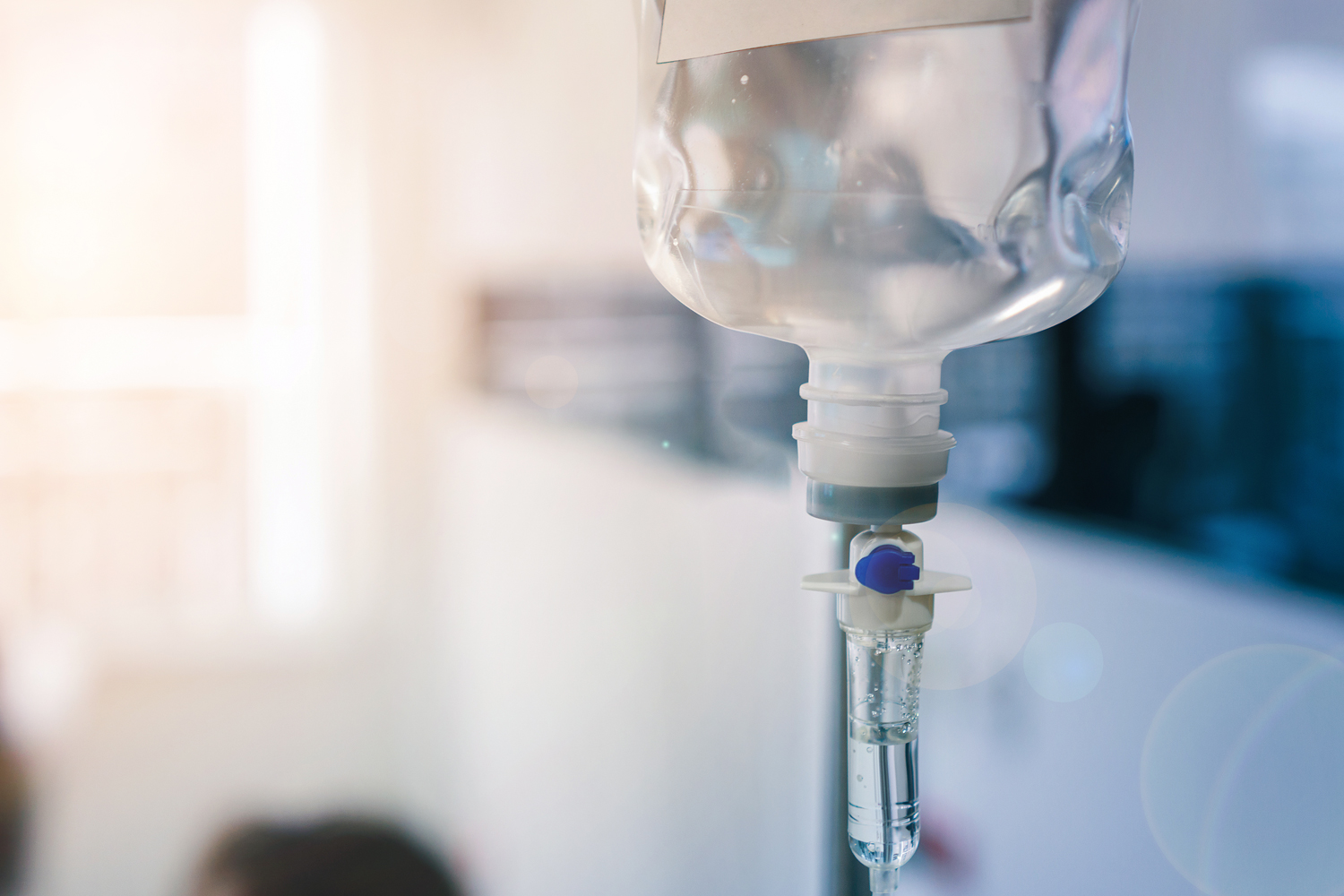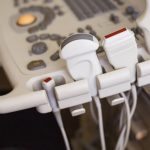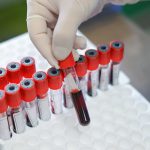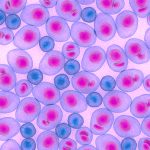-
Q&A
A Journey of Self-discoveryKailee McGee’s short film explores how a breast cancer diagnosis reshaped how she sees herself.
by Tyler Santora
-
Get Involved
Stitching SupportFourteen-year-old Giuliana Demma sews colorful hospital gowns for children receiving cancer treatment.
by Thomas Celona
-
Treating HER2-ultralow Breast Cancer
FDA approval expands treatment options for people with metastatic breast cancer that expresses minimal levels of HER2.
by Sandra Gordon
-
Screening Options for People With Dense Breasts
Reports on breast density inform women of their status but raise questions about what to do next.
by Robin Roenker
-
Treating Smoldering Multiple Myeloma
A monoclonal antibody drug reduced the risk of smoldering myeloma progressing to multiple myeloma in patients at high risk for disease progression.
by Sandra Gordon
-
Immunotherapy Improves Survival in Bladder Cancer
New research indicates that adding immunotherapy to muscle-invasive bladder cancer treatment can improve event-free and overall survival.
by Laura Gesualdi-Gilmore
-
Delaying Treatment Resistance
Adding a CDK 4/6 inhibitor extends progression-free survival for people with metastatic HR-positive, HER2-positive breast cancer.
by Thomas Celona
-
Forward Look
Speeding Up Multiple Myeloma Drug DevelopmentHematologist-oncologist C. Ola Landgren explains how measuring minimal residual disease could be useful in multiple myeloma clinical trials.
by Anna Azvolinsky
-
From the Editor-in-Chief
A New Treatment for Some Brain TumorsA recently approved therapy targets abnormal enzymes produced by gene defects.
by William G. Nelson, MD, PhD
-
Forward Look
Stem Cell Transplant Rates Decrease for LymphomaMore patients are receiving CAR T-cell therapy for large B-cell lymphoma.
by Leah Lawrence
Cancer Talk
Lessons From 20 Years Living With Cancer
Multiple myeloma survivor Jonathan Gluck reflects on uncertainty, and the scientific progress that has kept him living with cancer for more than two decades.
by Eric Fitzsimmons
The Enduring Importance of Cancer Disparities ResearchOpening session from AACR conference highlights how perseverance and adversity have informed cancer disparities research over the years.
by Eric Fitzsimmons
Most Cancer Survivors Don’t Meet Healthy Diet GoalsDespite research linking fruits and vegetables to cancer survival, many people do not change their eating habits after diagnosis.
by Darlene Dobkowski
Many People Don’t Get Colonoscopy After Receiving Abnormal Blood TestsAbout half of people who receive abnormal results from colorectal cancer screening tests don’t follow up with a colonoscopy.
by Laura Gesualdi Gilmore















